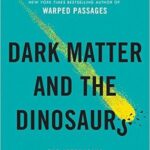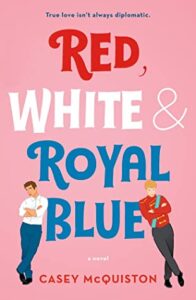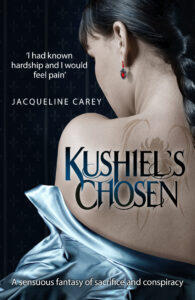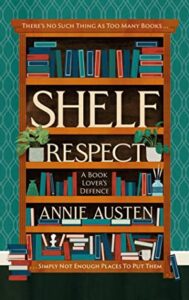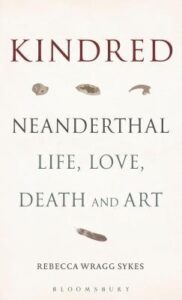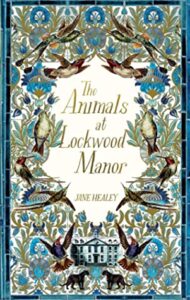Here we are again, it’s Wednesday already. I think it’s my fault: I have an exam coming, so time is doing weird things.
At least I’m close to being caught up on my backlog of reviews to write! 26/28 done… (I won’t be posting them all at once, don’t worry.) Anyway, for now let’s stick to the usual Wednesday update.
What are you currently reading?
 Fiction: Let’s see… quite a few things at once. I’m still reading Plain Bad Heroines (emily m. danforth), and I’m now onto the second Kate Daniels book, Magic Burns (Ilona Andrews). I’ve also picked up Phoenix Extravagant (Yoon Ha Lee), which I’ve been meaning to read forever — yes, okay, I even had the ARC, this is a peril of being a mood-reader — and am enjoying so far, though I’m not very far into it. I’m also reading The Cheltenham Square Murder (John Bude); I normally find Bude’s books solid but not remarkable, and so is proving to be the case with this — but a little Golden Age crime does hit the spot right now.
Fiction: Let’s see… quite a few things at once. I’m still reading Plain Bad Heroines (emily m. danforth), and I’m now onto the second Kate Daniels book, Magic Burns (Ilona Andrews). I’ve also picked up Phoenix Extravagant (Yoon Ha Lee), which I’ve been meaning to read forever — yes, okay, I even had the ARC, this is a peril of being a mood-reader — and am enjoying so far, though I’m not very far into it. I’m also reading The Cheltenham Square Murder (John Bude); I normally find Bude’s books solid but not remarkable, and so is proving to be the case with this — but a little Golden Age crime does hit the spot right now.
Non-fiction: I’ve started on Food: The History of Taste (ed. Paul Freedman), which… I have some mixed feelings about, given the first essay-writer got some stuff wrong (there is no area of your tongue dedicated to tasting sweet things), and just… made me worry about the quality of their other research and whether they leaned too much on received wisdom. I’m still reading Dark Matter and the Dinosaurs, too, which has finally got round to some dinosaurs.
What have you recently finished reading?
I finished a couple of the other books I’ve been talking about for a bit, like The Invention of Murder, but also went off-piste a bit and read the fourth Whyborne & Griffin book by Jordan L. Hawk. I’ve been meaning to for a while, and it was a very satisfying Saturday read — it was my day off, so I could start the book in the morning and polish it off by night.
Now to avoid waiting so long to read the fifth…
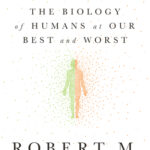 What will you be reading next?
What will you be reading next?
I don’t know, as ever. However, I have been trying to line up some possibles and just keep them well in sight. So that list includes Tasha Alexander’s third Lady Emily book, A Fatal Waltz, and Robert Sapolsky’s Behave, which I’ve had for quite a while… though as always, I’ll let whimsy be my guide as well. Possibly even literally Wimsey, since I do need some beloved books to pamper my brain through this exam. Medical statistics, bleechhh.
What’re you currently reading?



